Shifting focus from control and management to service and development creation
After nearly 40 years of implementing the Doi Moi process (1986 - 2025), Vietnam has emerged from underdevelopment and become a middle-income country (since 2008) with a firmly maintained socialist orientation. The country's appearance has changed a lot. The material and spiritual life of the people has improved significantly. The country's role, position and international prestige have been gradually enhanced. National defense and security have been firmly ensured.
One of the important reasons for the above success, according to Deputy Head of the Central Policy and Strategy Committee Nguyen Hong Son, is the transformation from a centrally planned, bureaucratic, subsidized economy to a socialist-oriented market economy, in which there is a strong development of the private economy. This is also the result of the gradual realization of the theory of a socialist-oriented market economy, in which there is a development in the awareness of the Communist Party of Vietnam on private economic development.
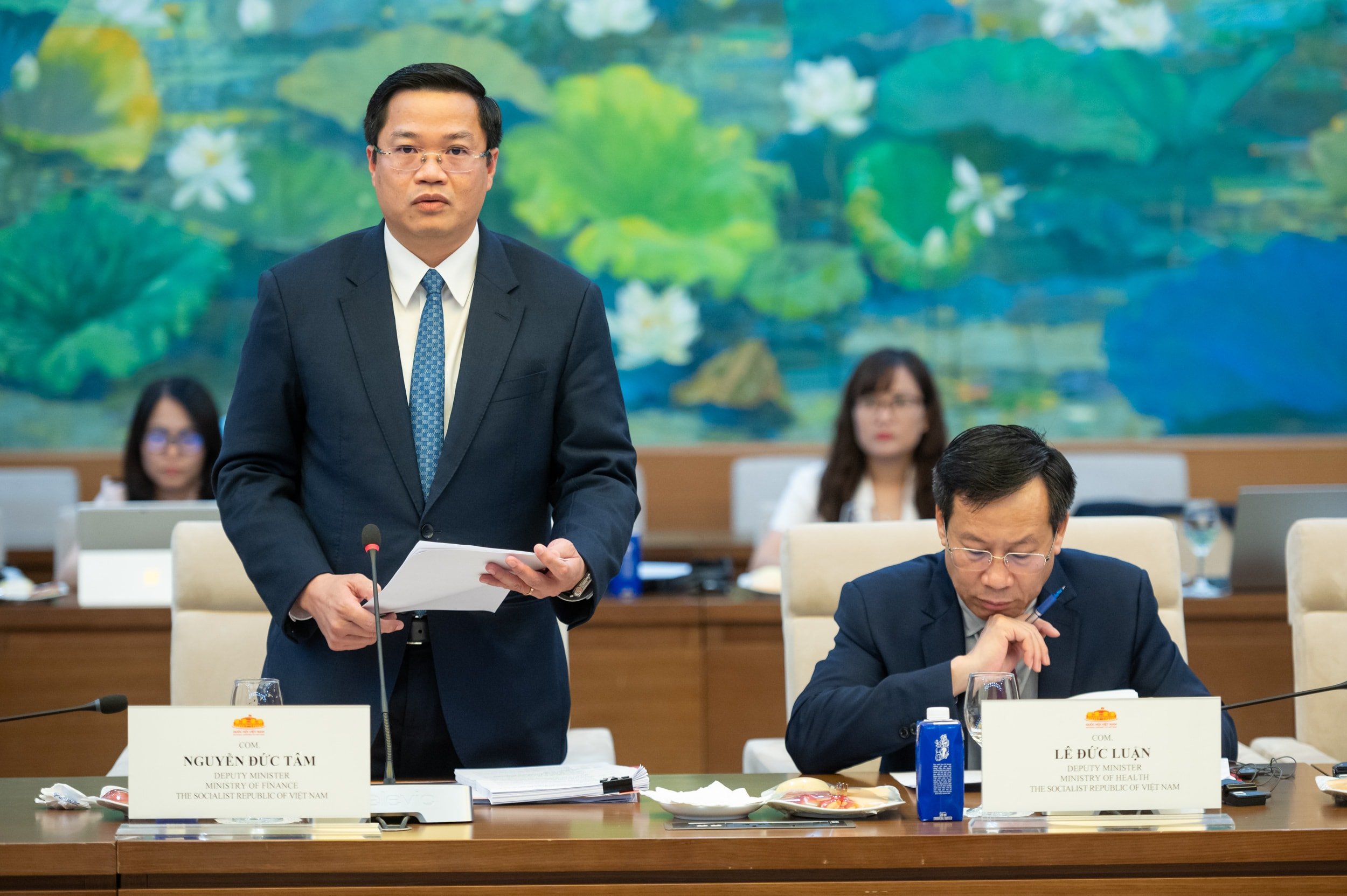
Sharing with the high-ranking delegation of the Cuban National Assembly, Deputy Head of the Central Policy and Strategy Committee Nguyen Hong Son said that the awareness of the Communist Party of Vietnam on private economic development has always been renewed and developed. This is clearly demonstrated through the Party's congresses, from the 6th Congress (1986) to the 13th Congress (2021).
Specifically, right after Doi Moi, since 1986 (the 6th Party Congress), the private economy has been identified as a part of the economy; since 2002, it has been an important component of the economy; since 2006 (the 10th Party Congress), it has been one of the driving forces of the economy; since 2017, it has been one of the important driving forces of the economy (Resolution No. 10, dated June 3, 2017, of the 12th Central Executive Committee on developing the private economy into an important driving force of the socialist-oriented market economy; the 13th Party Congress, 2021); since 2025, it has been the most important driving force of the national economy (Resolution No. 68-NQ/TW, dated May 4, 2025 of the Politburo on developing the private economy).
“The awareness of the role of the State in private economic development has also been increasingly renewed, shifting the focus from control and management to service and development creation. For example, regarding the relationship between economic sectors, Resolution No. 68-NQ/TW emphasizes the need to strengthen connections between private enterprises, private enterprises with state-owned enterprises and FDI enterprises, especially connections through business linkage chains according to industry clusters, value chains, and supply chains,” the Deputy Head of the Central Policy and Strategy Committee stated.
Maximize business freedom of enterprises
"Under the leadership of the Party and the policies of the State, the private economy in Vietnam has developed in many aspects, operating in a variety of fields and sectors." Emphasizing this, Deputy Minister of Finance Nguyen Duc Tam said that efficiency and competitiveness have gradually improved, and a number of large-scale private economic groups have initially been formed, operating in multiple fields, and capable of competing in the domestic and international markets.
The private economy is the core force that creates material wealth, makes an important contribution to economic growth (about 50% of GDP), creates jobs (about 82% of jobs in the economy), contributes about 30% to budget revenue, improves labor productivity, promotes innovation and increases national competitiveness, contributes to hunger eradication, poverty reduction and solving social problems.
Listing seven lessons learned from Vietnam in developing and perfecting policies and laws on developing the non-state economic sector and promoting investment and business activities of enterprises, National Assembly member Phan Duc Hieu, who works full-time at the Economic and Financial Committee, said: First, there must be a change in awareness and thinking about the important role of the private economic sector, affirming that private economic development truly becomes an important driving force of the economy. Second , from the Party's perspective and direction, it must be fully and promptly institutionalized by specific legal regulations at the highest level, the Constitution and then laws.
Third, when building laws for the development of the private economy, there are very important factors to encourage the development of the private economy, which are: maximizing the expansion of business freedom of enterprises; administrative procedures and licensing must be regularly reviewed, abolished and simplified to be truly convenient; laws must protect the business rights and assets of enterprises when they have invested and done business; investment incentive policies (if any) must have clear goals and be consistent with the Party's economic development policies and guidelines, avoiding spreading and spreading.
Fourth, in parallel with the development of the private economy, we must also boldly reform the state economic sector in three directions: restructuring and equitizing state-owned enterprises, giving opportunities to the private economic sector; for the remaining state-owned enterprises, we must improve operational efficiency, change mechanisms to be more dynamic; and have policies to promote the development of a number of state-owned corporations.
Fifth, the Government must properly implement its commitments on investment and trade protection in accordance with domestic laws and trade agreements. Sixth, there must be regular dialogue between the State and the private economic sector to make timely adjustments to policies and laws. Seventh, it is necessary to regularly carry out activities to commend and honor businesses and entrepreneurs, and encourage the entrepreneurial spirit of businesses.
Despite many important contributions, Deputy Minister of Finance Nguyen Duc Tam also frankly pointed out that the private economic sector still has shortcomings and limitations, has not fully exploited its potential and internal strength, and has not made worthy contributions to the national economy.
In the new context with many difficulties and challenges, as well as many new opportunities and new chances for national development, to successfully implement the set socio-economic development goals and tasks, especially the two 100-year strategic goals, the Deputy Minister of Finance emphasized the need to renew thinking, awareness and vision; eliminate all prejudices, promote the role, create a breakthrough in private economic development to strongly promote the cause of innovation, integration and national development in the new situation.
Deputy Minister Nguyen Duc Tam outlined eight groups of tasks and solutions that demonstrate the spirit of innovation, breakthrough, strong reform, trust, and opportunities for the private economy to develop rapidly, sustainably, and with high quality, accompanying and participating with the State in economic development. Specifically, renewing thinking, awareness, and action, arousing national confidence and aspirations, creating new impetus and new momentum for private economic development; promoting reform, improving the quality of institutions and policies, protecting the right to freedom of business, property ownership, and equal competition for the private economy; facilitating the private economy's access to resources of land, capital, and high-quality human resources.
In addition, promote science and technology, innovation, digital transformation; strengthen connections between private enterprises, private enterprises with state-owned enterprises and FDI enterprises; form and rapidly develop medium and large enterprises, private economic groups of regional and global stature; support small and micro private enterprises, and business households. At the same time, promote business ethics, promote social responsibility, strongly promote the entrepreneurial spirit, and create all favorable conditions for entrepreneurs to participate in national governance.
Source: https://daibieunhandan.vn/trao-co-hoi-de-kinh-te-tu-nhan-phat-trien-nhanh-ben-vung-10389258.html




![[Photo] Prime Minister Pham Minh Chinh chairs the 16th meeting of the National Steering Committee on combating illegal fishing.](https://vphoto.vietnam.vn/thumb/1200x675/vietnam/resource/IMAGE/2025/10/07/1759848378556_dsc-9253-jpg.webp)




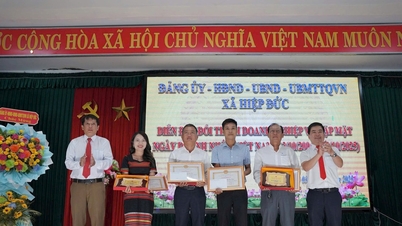



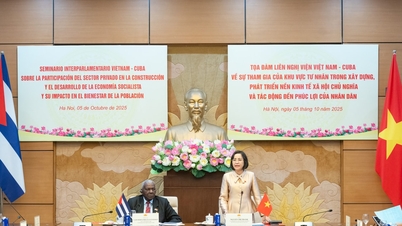
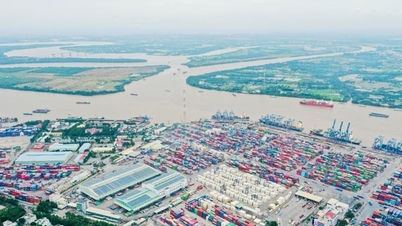

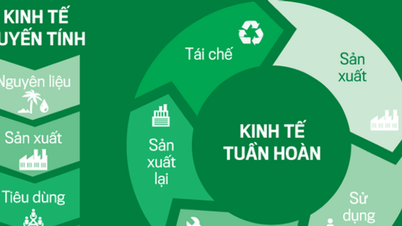

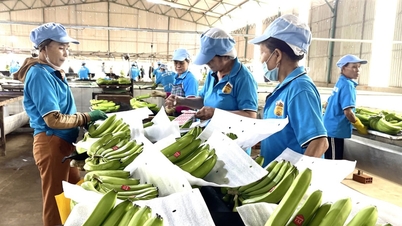
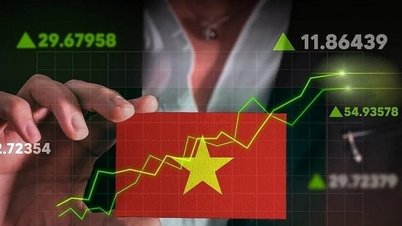
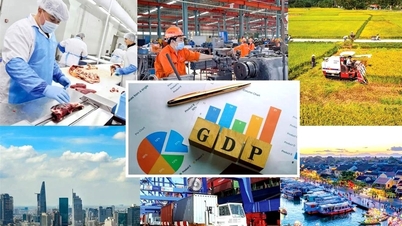














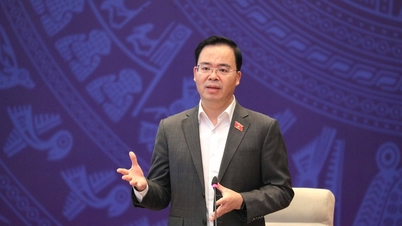
![[Photo] Super harvest moon shines brightly on Mid-Autumn Festival night around the world](https://vphoto.vietnam.vn/thumb/1200x675/vietnam/resource/IMAGE/2025/10/07/1759816565798_1759814567021-jpg.webp)
























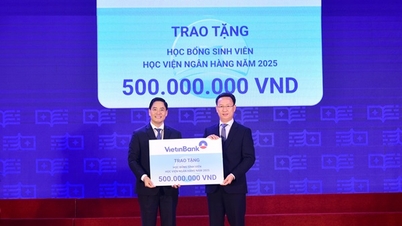





















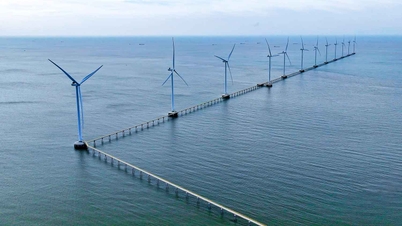

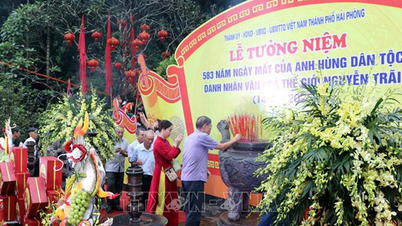
















Comment (0)